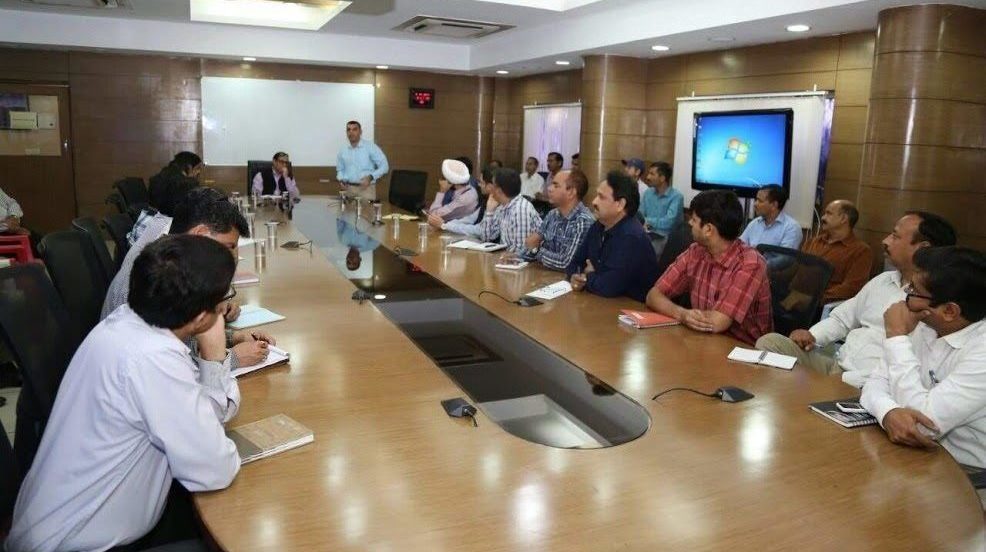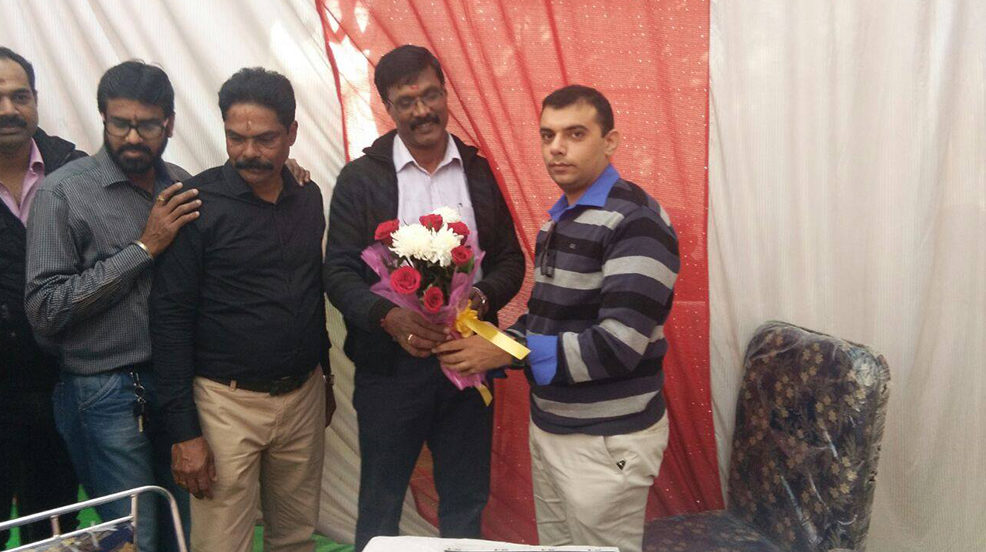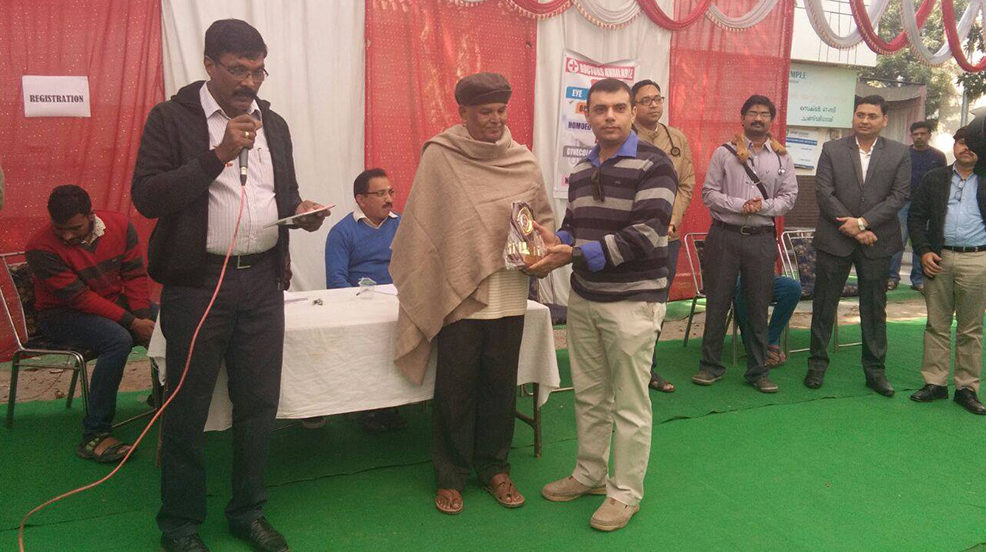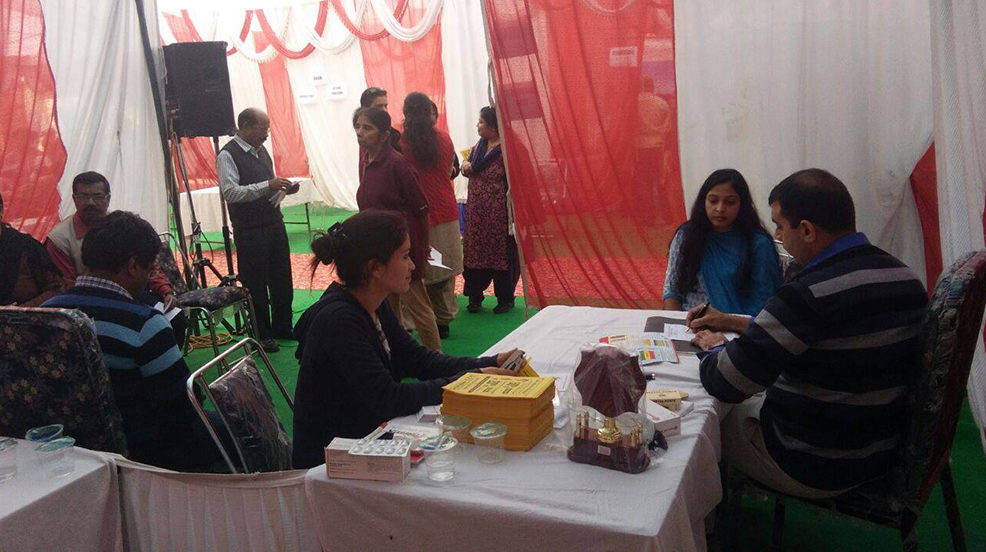A rheumatologist, a specialist in internal medicine, focuses on arthritis, musculoskeletal conditions, and systemic autoimmune diseases. These conditions often manifest as joint pain, swelling, and stiffness, affecting muscles, bones, and joints. He is responsible for collaborating with patients to diagnose conditions and devise personalized treatment plans that patients can follow.
Being rheumatology experts, rheumatologists focus on conditions impacting connective tissues. While numerous medical specialities target specific body regions, rheumatologists are uniquely equipped to address conditions like connective tissue disorders and autoimmune diseases that can affect the entire body, considering the holistic health of the individual.
Rheumatologists frequently engage in direct patient care and offer ongoing follow-up support. Many continue to monitor and support their patients over the long term, sometimes even years after initial diagnosis and treatment initiation. The conditions a rheumatologist treats include reactive arthritis, osteoarthritis, fibromyalgia, back pain, rheumatoid arthritis, gout, and much more.
Many people experience muscle or joint pain on occasion, but if it lasts more than a few days, it is best to consult a rheumatologist. Certain rheumatic diseases might be difficult to diagnose in the early stages, but early intervention is critical for successful care. As a result, it is recommended that you visit a doctor as soon as possible, as some disorders react better to early treatment. Left untreated, these disorders might cause joint injury.
Rheumatologists initiate the diagnostic process with a thorough physical examination and inquire about your personal and family medical history. They play an important role in addressing the many symptoms of RA, including joint pain, oedema, inflammation, stiffness, and deformity. Their primary goal is to prevent or reduce joint degeneration with vigorous and tailored treatments while improving patients’ quality of life.
Patients’ primary care physicians generally send them to a rheumatologist for therapy. General practitioners send patients to rheumatologists when they notice symptoms of rheumatic disorders, such as chronic joint pain and exhaustion, and want to confirm a diagnosis outside of their regular area of expertise. Patients frequently visit rheumatologists to choose the most appropriate and successful drugs for their specific ailment. Anti-inflammatory medicines are among the most widely given non-surgical treatments for pain caused by rheumatic disorders such as RA.
Are you looking for the Best Rheumatologist in Chandigarh? Look no further than Dr. Manu Mengi. His significant experience and competence in rheumatology have earned him a reputation for providing his patients with superior care and tailored treatment programs. His commitment to providing comprehensive and compassionate care has earned him a reputation as a reliable healthcare professional in the area.
Whether you seek relief from arthritis, autoimmune disorders, or other rheumatic conditions, Dr. Manu Mengi is always committed to helping you achieve optimal health. Schedule an appointment with the Rheumatoid Arthritis Specialist in Chandigarh today. Start your journey towards a healthier tomorrow and have a brighter and healthier future. Benefit from a caring and supportive healthcare experience that prioritizes your well-being.





